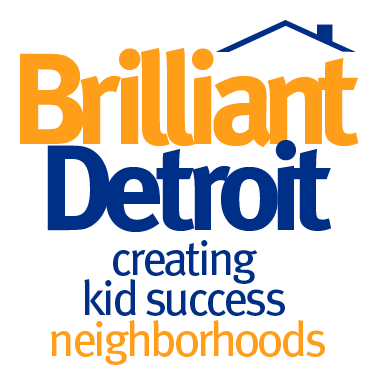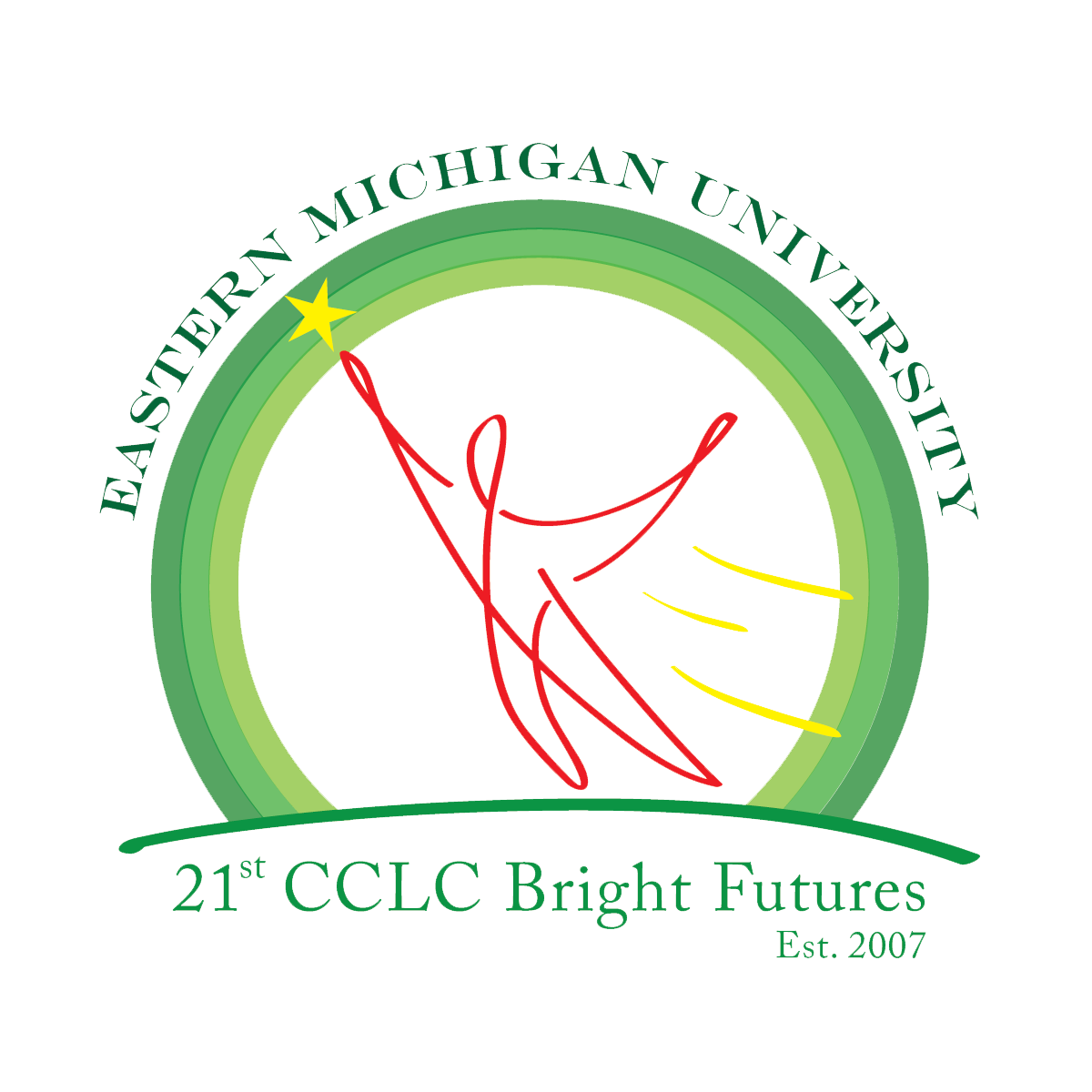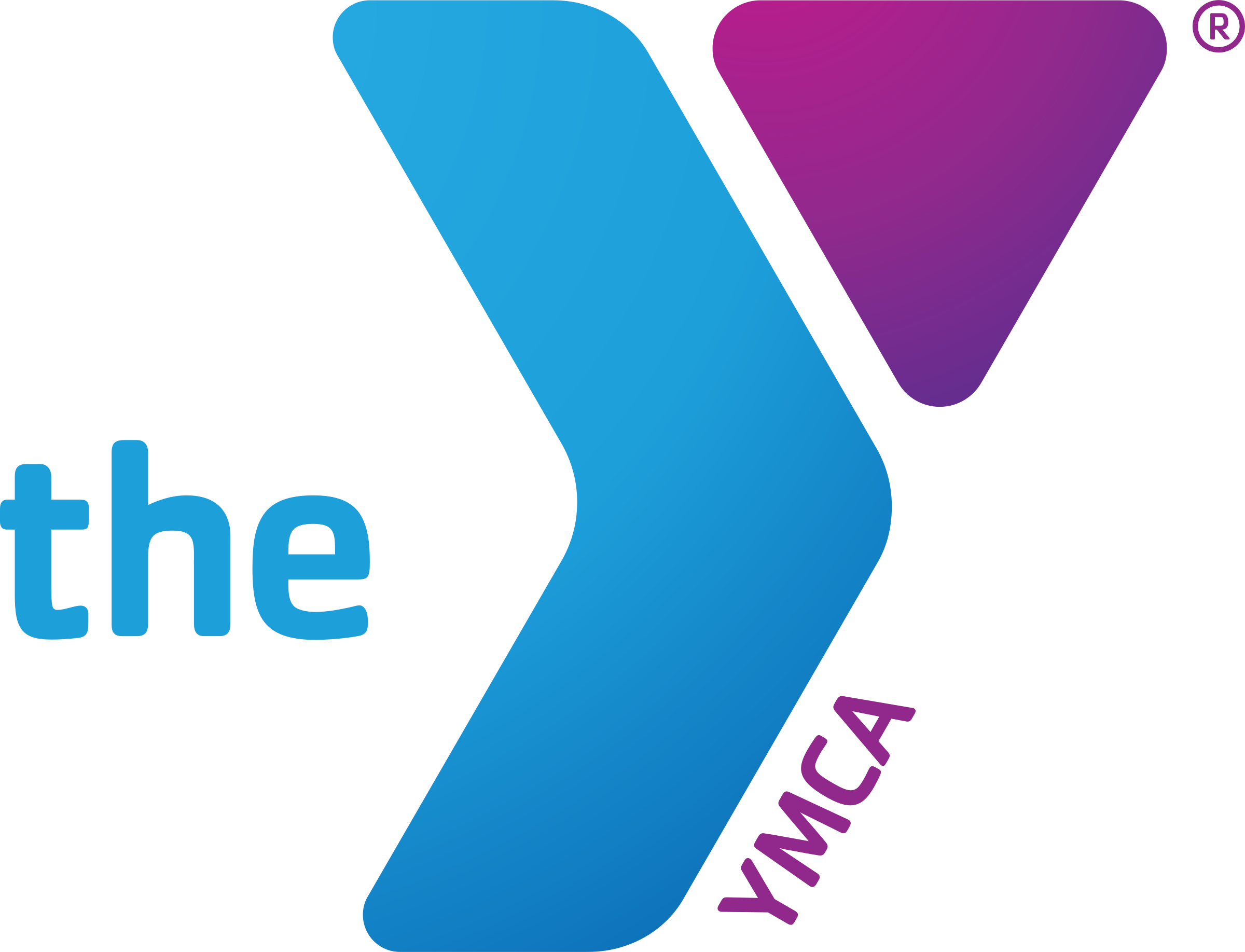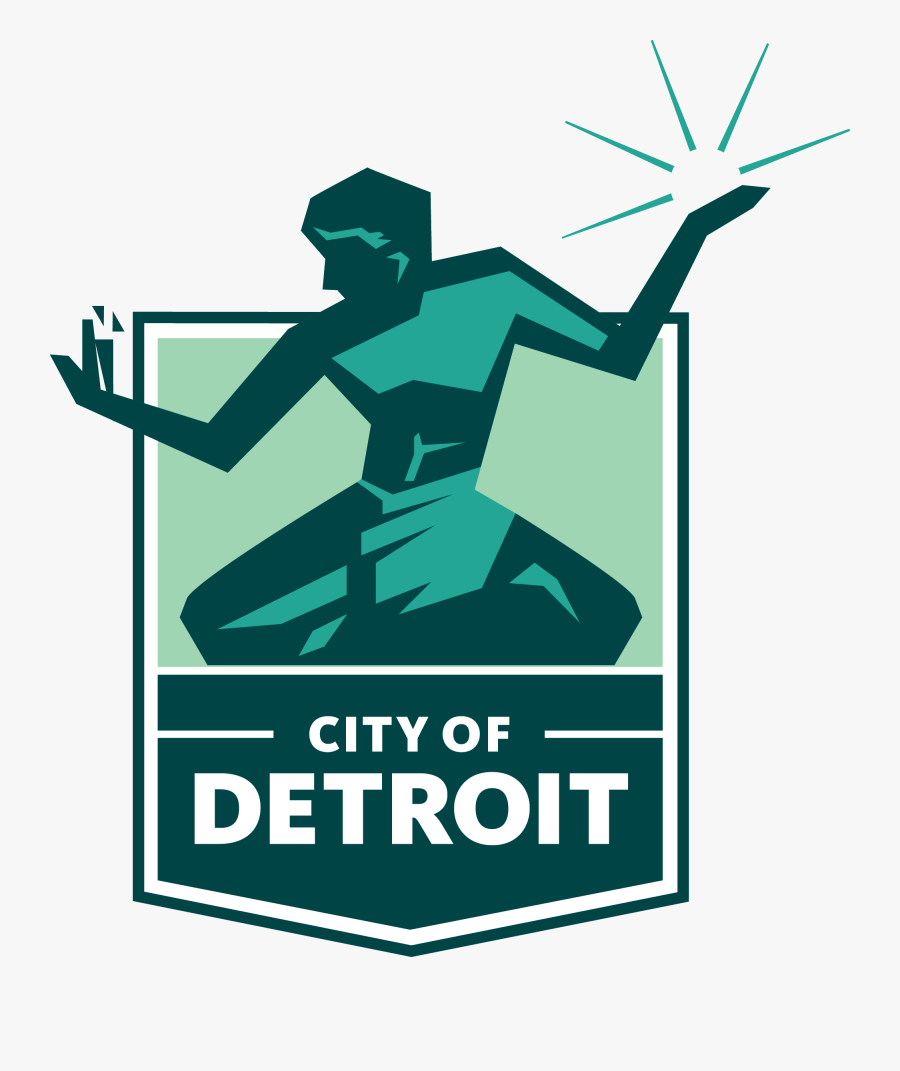Support & Community
-
Family Empowerment
Pathways to Health, Mental Health, and Financial Well-being: Interdisciplinary Partnerships to Understand the Interactive Roles of Family Processes and Economic Factors in the Context of Structural Inequality
Coinvestigators: Emilie Smith, Erica Tobe, Jinnifer Ortquist, Mieka Smart, and Yijie Wang
The next generation of community engaged prevention research is needed in the future to confirm how family poverty, and financial stress interact to affect mental health and substance use among minoritized parents and children. This would enable the next generation of holistic support for families to potentially integrate attention to financial and related issues that stress families and inhibit positive functioning.
- Brilliant Cities Detroit
- Caterpillar Corner Child Care Center
- Eastern Michigan University Bright Futures
- Lansing Financial Empowerment Center
- Lansing Economic Area Partnership
- MSU Extension
-
YMCA of Metropolitan Lansing
YMCA of Metropolitan Lansing
Family Voices Project
The focus of this community-engaged research project is to explore ways to support African American parents and families in preparing their children to be successful in education, work, and life. We want to learn about ways to support families as they parent their children, and, as they pursue educational and occupational opportunities.
Our approach is to recruit local families through community-based youth and family organizations. We plan to conduct confidential focus groups with parents led by community researchers and/or members to learn more about their experiences, and how this affects them in their parenting, work, and what they say to their children about succeeding and coping with racism and discrimination.
We want to learn more about how we can by support positive parenting practices with groups led by professionals and communities, their potential experiences with parenting programs, and how to make them better.
Contact principal investigator Emilie Smith, Ph.D., Human Development & Family Studies, email emsmith@msu.edu, or Dr. Deborah Johnson john1442@msu.edu, or Dr. Kendal Holtrop, holtropk@msu.edu.
-
The Fledge
The Fledge
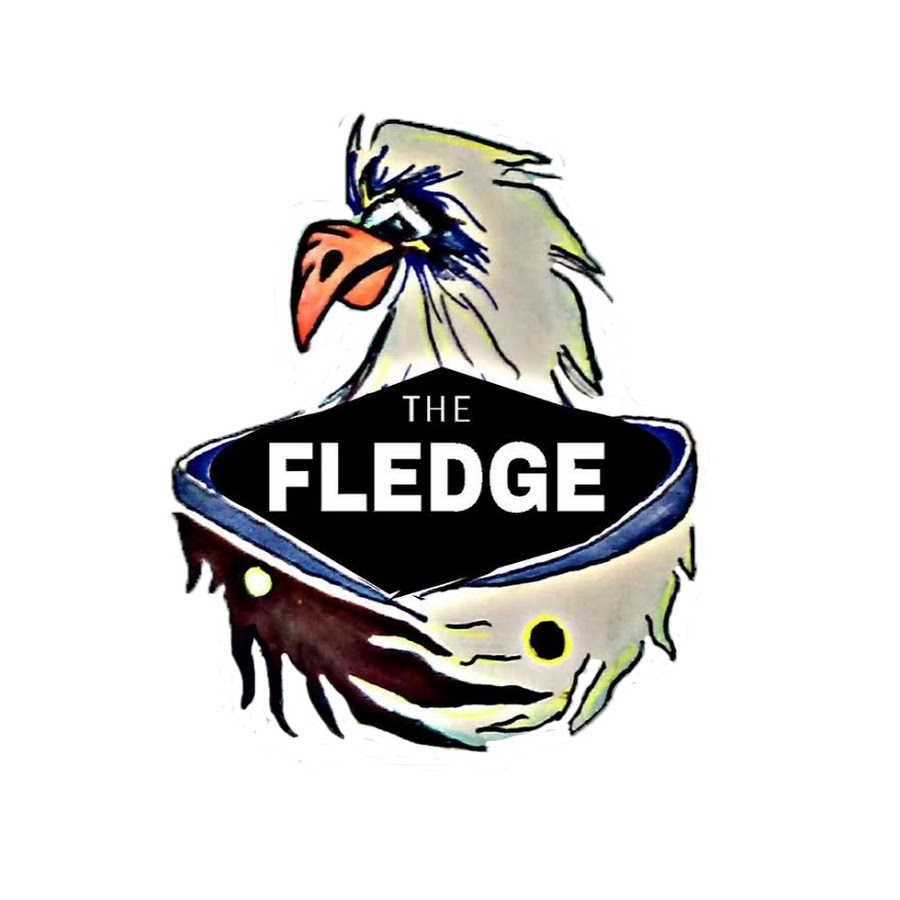
The Fledge
Carole Gibbs (Criminal Justice), Jennifer Cobbina-Dungy (Criminal Justice), Sean Hankins (Psychology), and faculty at Wayne State and North Carolina State University received a National Science Foundation grant to partner with The Fledge to engage the Lansing community in research on youth violence. The overall objectives are to unpack the black box of the decision process regarding youth violence as it unfolds in the real-world context of concentrated disadvantage and to understand how it is shaped by this context.
To examine the links between neighborhood, the decision process, and youth violence, we will build on our pilot study funded by the College of Social Science by collecting data from multiple interviews with youth ages 18 to 24 residing in disadvantaged neighborhoods in Lansing. Themes from the interviews will be used to construct mental models of youth’s decision process and its neighborhood influences.
Completion of this work will enable us to introduce an updated choice framework to the field of criminology to improve understanding of decision-making and violence and inform related policies that largely respond to crime as though it is unrelated to the social milieu in which it occurs. It is imperative that we address advance criminological theory in this manner, as current policies (e.g., mass incarceration) based on outdated understanding of decision making are detrimental to an already marginalized segment of society (i.e., young Black males) for whom we tend to overlook the complexity of decision processes.
-
Advance Peace
Advance Peace
Working in Community: Toward an Improved Understanding of Community-Based Violence Reduction and Neighborhood Safety
Advance Peace uses a healing centered approach to address the trauma, and experience of systemic inequality and disparities linked to violence in urban communities This initiative identifies and enrolls young people at the epicenter of cyclical and retaliatory gun violence into their Peacemaker Fellowship, which is an intensive 18-month developmental, individualized, mentorship and life coaching program that is responsive to each Fellow’s needs.
Unlike focused deterrence programs, Advance Peace does not work alongside the police; thus, relying on alternative (non-deterrence) mechanisms to reduce gun violence and sidestepping the problematic relationships between police and racialized communities. This model instead prioritizes healing unaddressed trauma, building relationships and supports, and healthy human development. Advance Peace does so by developing strong connections to the community, using outreach workers who have their own histories with gun violence and life experiences that establish street credibility as violence interrupters, adult mentors, and to deliver group life-skills classes, social services, and other healing-centered supports.
Advance Peace contributed to a 55% reduction in gun homicides and assaults in Richmond and a 21% reduction in Stockton, California. This initiative was brought to Lansing, Michigan in September 2022. The Michigan Public Health Institute has partnered with the Ingham County Health Department as the local operator of AP
MSU Youth Equity Project Researchers Jennifer Cobbina, Carole Gibbs, Kendall Morris, and Emilie Smith will work to understand how street outreach workers, family members/loved ones of participants, and the Advance Peace community stakeholder and advisory boards perceive Advance Peace’s effectiveness, the processes or mechanisms through which it might be working, potential strengths, and areas of further development.
-
One Love Symposium
One Love Symposium
One Love Symposium
The One Love Symposium is a series of events including community conversations, musical performances and expert panels.
The One Love Symposium hopes to engage youth, representatives from the arts, and working professionals in a public scholarship event to consider what it is we all have in common. What are our universal human values?
At the end of the symposium we will consider what our contributors have taught us about the most important aspects of being human, from their unique perspectives. This project aims to provide a collaborative vehicle for social change lifting up and uniting voices of Youth, Artists, and Working Professionals.
This knowledge will be used to inform a professional learning curriculum that we believe can be used to improve the quality of teachers, healthcare professionals, and police. This 21st Century worker would be known as the Human Services Professional.
-
Detroit Police Department
Detroit Police Department
Detroit Police Department
The Detroit Police Department (DPD) and its 2,200 officers are responsible for policing Detroit’s 139 square miles. Through innovative crime fighting programs like Detroit Ceasefire, Project Green Light, and the new Real Time Crime Center, Detroit has seen reductions in nearly every category of crime. MSU has developed and maintained a strong relationship with DPD since 2012. Julie Krupa is a core member of the MSU-DPD Research Team, which supports a range of DPD-based projects through research and evaluation. The MSU Research Team currently supports DPD with multiple on-site student analysts and crime analysis. The MSU Research Team is DPD’s current Research Partner for Ceasefire Detroit, Project Safe Neighborhoods, the Crime Gun Intelligence Center, Byrne Criminal Justice Innovation Program, and the Detroit Law Enforcement Assisted Diversion project, among others. This relationship has made it possible for DPD to systematically assess and refine its many crime-reduction initiatives in real-time, in addition to robust project-end evaluation reports.
-
Life Remodeled
Life Remodeled
Detroit Byrne Criminal Justice Innovation (BCJI) Program
BCJI is a strategic approach to crime reduction at micro-hotspots in Detroit’s 10th Precinct that leverages community knowledge and expertise to build public trust with law enforcement and make neighborhoods safer. It builds on Ceasefire Detroit and other existing evidence-based focused deterrence crime reduction strategies, using innovative, integrated efforts to rebuild the social and physical environment of the selected micro-hotspots. The program includes a Cross-Sector Partnership group which engages partners in and around the target community to replicate evidence-based strategies, which include prevention, targeted and prioritized enforcement, and community engagement, in ways that adapt them to meet the specific needs identified within the community.
Life Remodeled is the lead community partner for Detroit BCJI. Life Remodeled is a Detroit non-profit with a mission to remodel lives – one neighborhood at a time. With substantial investments of cash, labor and materials, Life Remodeled focuses on the intentional and equitable revitalization of Detroit neighborhoods distinguished by their significant need and radical hope. Life Remodeled engages in work across three focal areas: renovating and repurposing former school buildings into opportunity hubs that service their local community, repairing owner-occupied homes, and annually mobilizing thousands of volunteers to beautify the four-square miles surrounding the Durfee Innovation Society, a community opportunity hub.
MSU Youth Equity Project Researcher, Julie Krupa, Linda Nubani from the MSU School of Planning, Design and Construction, and Alaina De Biasi at Wayne State University work to support the efforts of the Cross-Sector Partnership to ensure a data-driven process focusing resources for maximum impact on public safety and the reduction of serious crime. This includes providing research support through crime analysis, assessment of resident perceptions of safety and community needs, continuous assessment of the BCJI program, and an outcome evaluation assessing the impact of project activities on crime in the target area.
- MPHI


